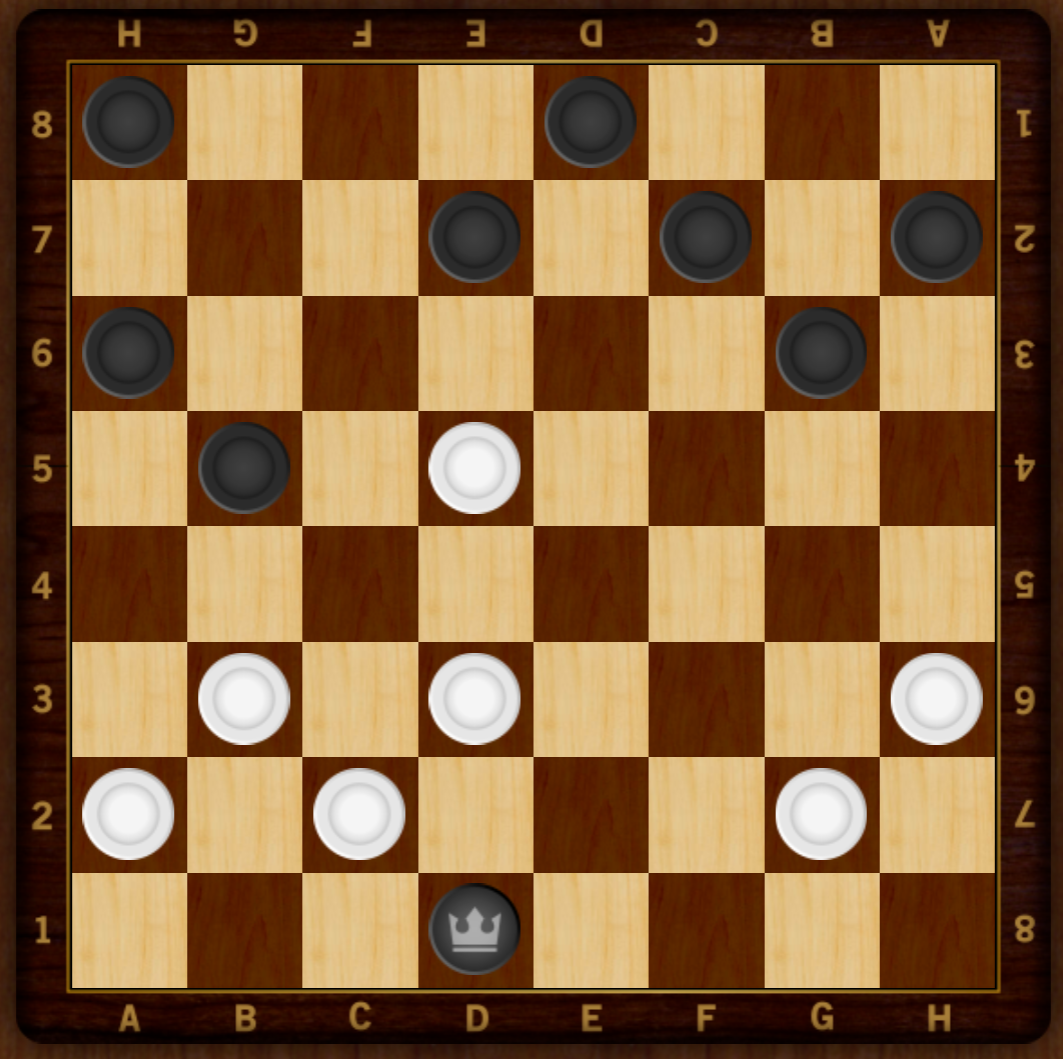The discipline of mathematics is seen by students in a fearful way, difficult to understand and that the contents are complex, contributing to classes becoming uninteresting. According to this context, it is difficult to achieve the desired goals in the classroom with the students, in the teaching and learning process.
Games are believed to be appropriate and palpable tools for mathematics education and are of great importance in learning mathematics. Mathematical games are an alternative capable of providing students with a more favourable and pleasant environment to learn.

Games are believed to be admissible and tactile tools for mathematics education. Today we must give true importance to the games, because it is a permanent need of any person at any age, and that cannot be seen only as fun. The use of games is intended to make students enjoy learning mathematics.
Kids become active elements of their learning process, experiencing the structuring of knowledge and not being a mere passive listener to be a thinking and active individual in the teaching and learning process.
Games have a great influence on the positive aspect of the child's learning, because recreational activities have a very significant function for the child's cognatic, social and amortizable progress by increasing the zone of proximal development, allowing the child to implement skills and a set of social knowledge that begin to be internalized.
In this area, the child manages the game not exclusively as an act of what they lived, but as a unique learning. The imaginary condition that games favour forces the child to find answers to what he experiences.
Games are considered to establish a way of meaningful learning, constituting a very attractive and attractive way that also provides benevolent learning situations that instigate students a different way of learning mathematics by favouring creativity, organizing methods, problem solving and others.
And errors must be corrected naturally during the process or action, without leaving marks. Logical thinking is key to mathematical intelligence, so the help to promote its practice lies in the education of parents and teachers. The use of logic games that favour the ability to work is one of the most recommended practices to improve reasoning ability.
In recent years, the Internet has become an essential tool. With ICTs increasingly integrated into education, calculators.org emerges as a source of high-quality games and other free resources for children to adults.
calculators.org is a great educational reinforcement, since it brings lessons and values in a much more entertaining way for kids to adults. calculators.org also has a section of mathematical games, since carrying out this activity provides multiple and proven benefits, both for children and adults.
There are many board games out there that are specifically educational math games for kids and adults. We've seen some great examples that everyone will love. Some of these games may not seem like math games to the novice eye, but it will have you practicing a variety of math operations while having a lot of fun.
Board games are a great way to spend quality time with your friends and family. The games in the website have the added benefit of painless practice with logic, pattern recognition, spatial reasoning, problem solving, and visual perception. If you're looking for an engaging way to help your playgroup (of all ages) practice math concepts and skills, look no further!
calculators.org has a very nice collection of math and logic games, with one of my favourites being the game of sudoku, which is a 'smart' pastime for mathematical minds. The rules are simple: some boxes already have numbers, the others must be filled with numbers from 1 to 9. Each horizontal row, each vertical row and each 3x3 quadrant must not contain repetitions of numbers.
I also like the puzzle games which are solved like the classic crossword puzzle with definitions, except that in the diagram instead of letters you have to write numbers from 0 to 9.
Memory Math is one of those games that you either love or hate. Memory matching card game for kids where they remove numerical cards from the playing field by pairing up a number with another card that has that many dots on it. Players can select levels where they do basic matching or match the results of math equations using common math operators.
Other than the above there are countless games to boost your logical skills. In addition to everything mentioned above, this website offers other kinds of educational resources such as on health, savings, loans, debts or business and address issues that are sometimes difficult to assimilate. The educational articles explain all these topics in a simple way and with very visual examples.
To conclude logic games are great allies to exercise the minds in the house and strengthen creative ideas. Interactive math games are not math exercises and tests but pastimes and intelligent games that are related to math and can help improve logic and decision-making skills, develop memory and calculation speed, games for children and puzzle for adults.
Stimulating the development of logical-mathematical thinking will favour relationship skills, problem solving, the ability to reason and many more advantages. Also remembering that education through games has become, in recent decades, a very commendable methodological alternative and can be applied in various aspects.
The children are so lucky now. When I was young, practicing maths meant doing exercises for hours after school every day. It did not instil a love of maths, nor did it particularly help me with my math skills. Fortunately, those days are long gone. There are countless board games available today that are specially created to give first students a fun experience by learning and reinforcing important math concepts.








